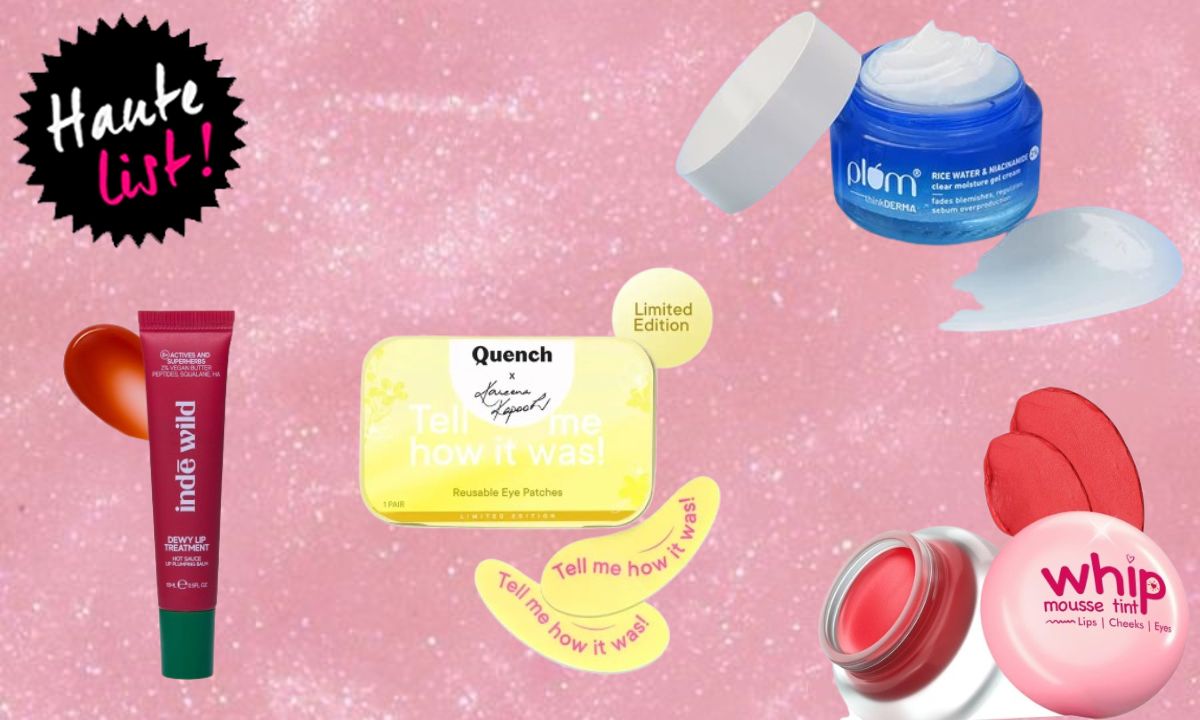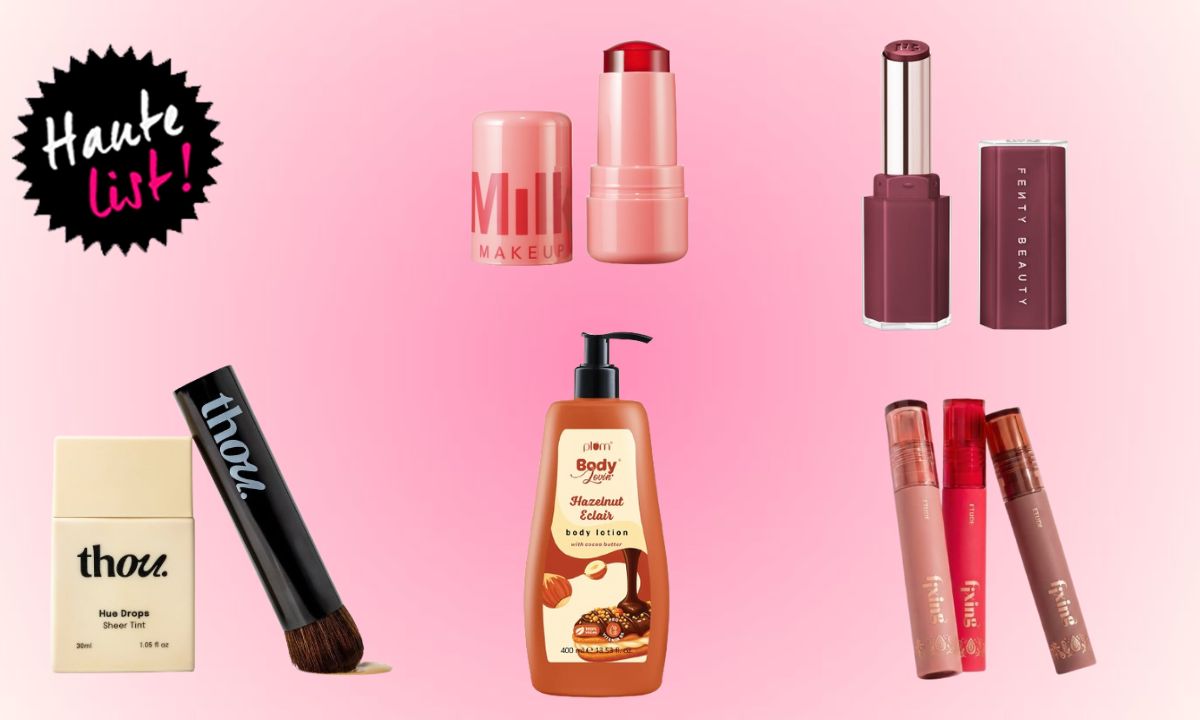New Study Reveals Acne Care Products Have Cancer Causing Ingredients. Here’s How To Mindfully Shop!
To protect yourself, it’s vital to be informed and proactive., when shopping for acne products, carefully read labels and ingredient lists.

A recent analysis has revealed alarming findings regarding popular acne skincare products, including well-known brands. The study revealed that many of these widely used creams and cleansers contain high levels of benzene, a chemical linked to cancer. This revelation has reignited concerns over product safety, especially among teenagers who frequently use these items to combat acne.
What Is The Cancer-Causing Acne Skincare Ingredient?
Researchers conducted tests on over 100 benzoyl peroxide (BPO) acne products available in major retailers across six states in the U.S. Their investigation found that approximately one-third of the products were contaminated with significant levels of benzene, a known carcinogen. Notably, Proactiv was found to have 18 times the amount of benzene deemed acceptable in U.S. drugs, while a CVS-brand face wash contained 13 times the FDA’s safe limit.
The study, published in the Journal of Investigative Dermatology, has raised alarms among consumers and experts alike. Researchers from Valisure lab, alongside professors from Yale and Long Island universities, indicated that a substantial portion of the benzoyl peroxide acne treatment market is currently unsafe, with products readily available on store shelves.
The findings of this study have prompted renewed calls for the (FDA) to take action. As teenagers and young adults make up a significant portion of the acne treatment market, the presence of a carcinogen in everyday skincare products is particularly concerning. Parents and guardians may be unaware of the risks associated with the skincare routines of their children, making it essential to educate consumers about potential dangers.
To protect yourself, it’s vital to be informed and proactive. When shopping for acne products, carefully read labels and ingredient lists. Look for products that are free from benzene and other harmful chemicals.
Also Read: Beauty Influencers Are Now Putting Raw Garlic On Faces For Acne And We’ve Never Been More Irritated
Alternatives to Benzene for Acne Treatment
Fortunately, several effective alternatives to benzene exist for treating acne:
1) Salicylic Acid: This beta hydroxy acid penetrates the pores to help exfoliate and clear acne. It reduces inflammation and can help prevent breakouts.
2) Tea Tree Oil: Known for its antimicrobial properties, tea tree oil can effectively reduce acne when applied topically. It’s a natural alternative that many find beneficial.
3) Benzoyl Peroxide (in controlled amounts): While some products have harmful levels, benzoyl peroxide is still an effective acne treatment when used properly and within safe limits.
4) Alpha Hydroxy Acids (AHAs): Ingredients like glycolic acid help exfoliate the skin’s surface and can improve skin texture and reduce acne.
5) Niacinamide: This form of vitamin B3 has anti-inflammatory properties and helps regulate oil production, making it useful for acne-prone skin.
6) Retinoids: Prescription-strength retinoids can help unclog pores and prevent new acne from forming while promoting skin cell turnover.
If you’re unsure about a product’s safety, consider consulting with a dermatologist or skincare professional who can guide you toward safer alternatives.
First Published: October 08, 2024 2:35 PM















